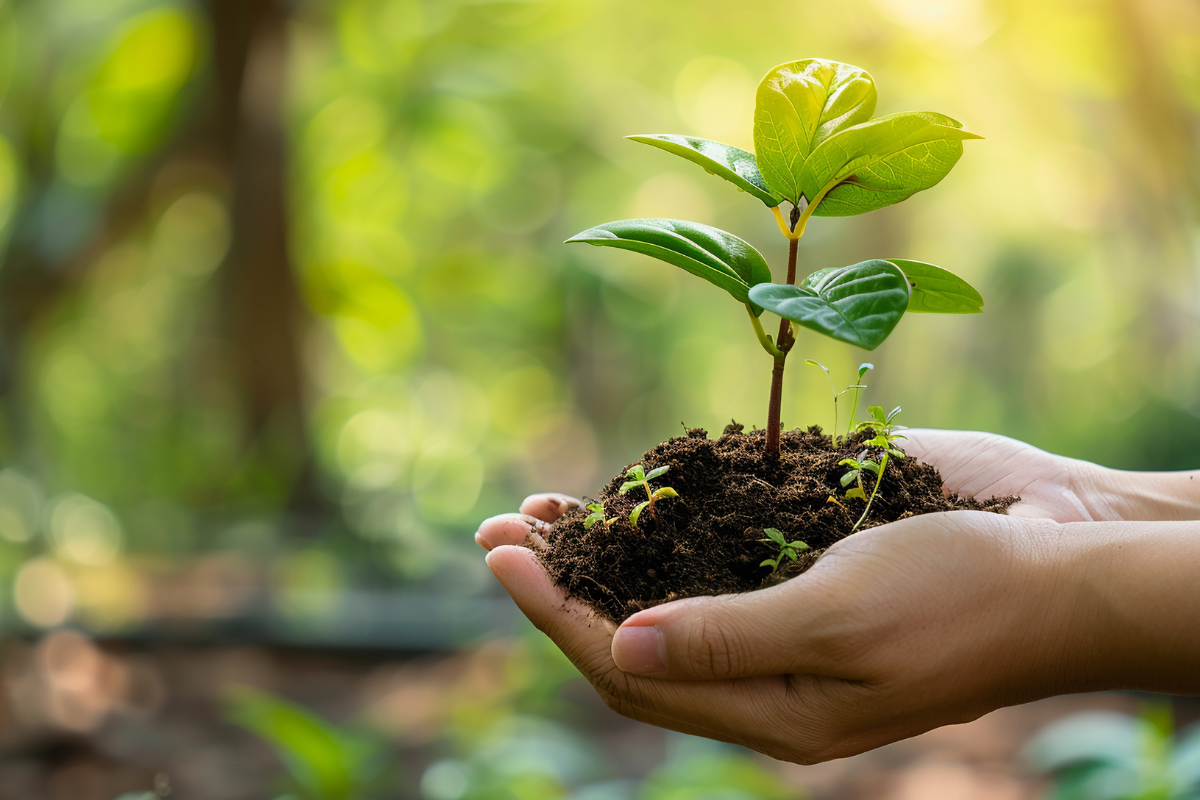Sustainable travel with a desire to explore and experience new cultures has been the key mission for over a century at Hostelling International, so whilst the rest of the world jumps on this band wagon, the first global research undertaken through the youth hostel network shows that Hostelling International is leading the way. The research includes data from hostels from 18 countries that receive over 3.3million overnights annually.
Local Community Projects
Local interaction with hostels was shown to be high with 52% of hostels providing quality budget accommodation to travellers as well as having interactive initiatives with the local community. These projects often enable travellers to interact and grasp a better understanding of the area they are visiting and include projects such as the volunteer programme operating at the Buccaneers Youth Hostel in Chintsa, South Africa where guests recently helped to transform wasteland into a fun and safe Jungle Gym play area for local children, whilst other volunteers assisted in converting a rusted old shipping container into a clean, working clinic that the community can use.
Energy Efficient Hostels
31% of all energy used in hostels is provided by renewable energy in-house or through the purchase of ‘green-energy’. Other ecological findings were impressive with 80% of hostels using energy saving light bulbs, 82% providing recycling stations and 70% offering water saving initiatives such as water saving bathroom equipment and the reuse of grey water. The success of these initiatives has been dramatic. The average water consumption for Swiss hostels is 125 litters per overnight stayed, reducing their average usage by 43 litres since 1996. This compares favourably to the 312 litres used by the average hotel guest in Europe.
Waste Management
Waste management is another increasing and well recognised challenge in the tourism industry, as every international tourist visiting Europe generates at least 1kg of solid waste per day, whilst every tourist in the USA can generate up to 2kg per day – resulting in a large amount of excess waste that has to be disposed of in an environmentally friendly manner. In a bid to reduce the amount of waste that takes up space on landfill sites, our hostels encourage guests to recycle and over 82% of hostels offer recycling areas and composting facilities. In addition to this, in 16% of our hostels globally, vegetables are grown on site. These waste initiatives have had excellent results with examples including the Reykjavik City Hostel where only 0.23kg of waste is produced per guest.
Sustainable Tourism
The tourism industry represents 76% of total global emissions. Hostels are working to counteract this and 74% of our hostels provide comprehensive information and actively promote the use of public transport to guests, or give discounts to those arriving to the hostel by bicycle or foot. Another scheme to reduce emissions is growing vegetables on site, which 16% of all hostels surveyed are now doing.
Finally, over half of the hostels surveyed participated in Earth Hour, which helps to raise the awareness of sustainable tourism globally. Furthermore, our website provides travellers with comprehensive information, an on-line hostel booking service as well as showing the green rating for many hostels. Hostelling International is demonstrating its ability to lead the way in Sustainable Tourism.
Take a look at some of our Green/Eco Hostels from around the world.
What do you think? Are we doing enough? Let us know!




